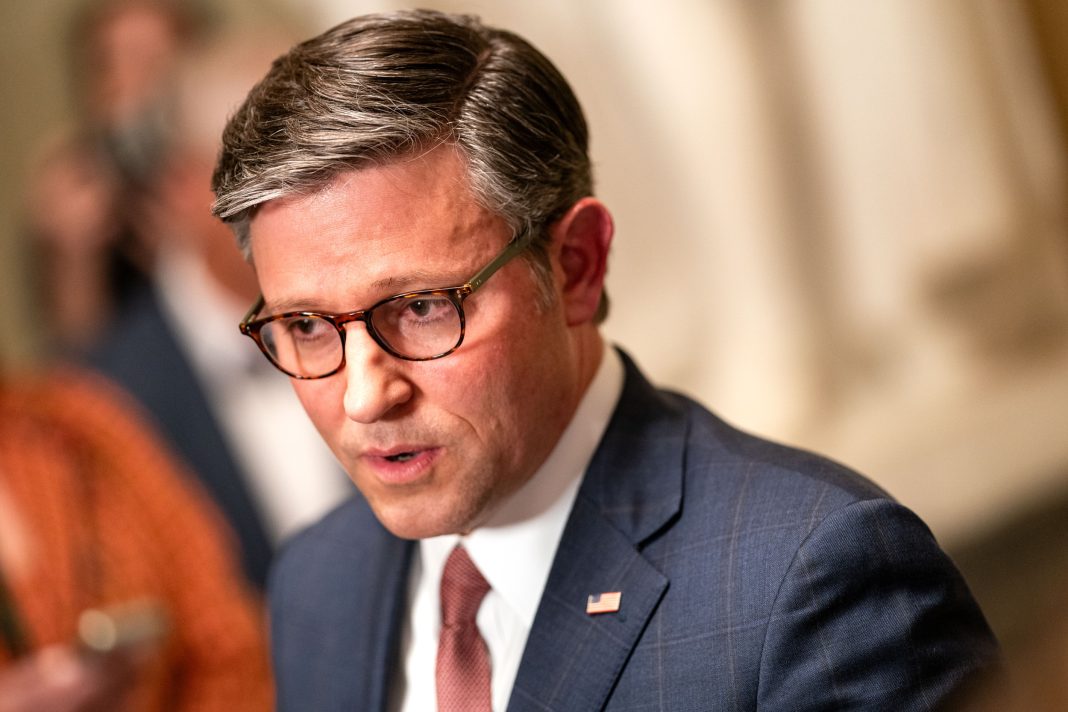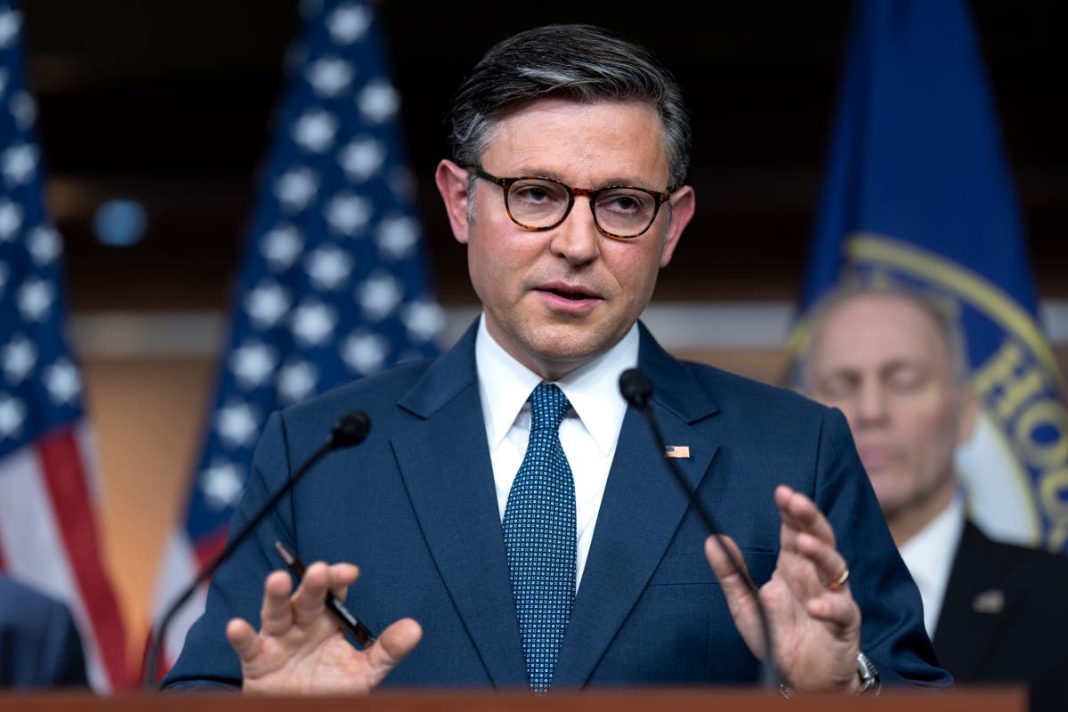House Speaker Mike Johnson Declines Early Congressional Session for Hurricane Helene Relief
In a recent interview, House Speaker Mike Johnson, a Louisiana Republican, announced that he will not call Congress back from recess to address emergency funding for federal agencies aiding in the recovery from Hurricane Helene. The storm, which struck the southeastern United States late last month, has left a devastating impact, with a death toll reaching 227 across multiple states, making it the deadliest hurricane to hit the mainland U.S. since Hurricane Katrina in 2005.
Speaking on Fox News Sunday, Johnson reassured viewers that lawmakers would return to session immediately after the upcoming elections on November 5. He emphasized the importance of allowing states time to assess the damages caused by the hurricane. "That’s 30 days from now," he stated, highlighting that the aftermath of such disasters requires careful calculation of the actual damages before any funding can be allocated.
Despite Johnson’s stance, there is a growing chorus of voices from both sides of the aisle urging Congress to reconvene sooner. Florida Senator Rick Scott expressed the urgent need for government support, stating that while his state is resilient, the recovery from Helene demands immediate action. Similarly, Democratic Representative Jared Moskowitz echoed this sentiment, asserting that Congress must demonstrate its ability to deliver for Americans in their time of need.
The White House has also weighed in, requesting additional funding for the Federal Emergency Management Agency (FEMA) and other agencies involved in the recovery efforts. President Joe Biden’s recent letter to congressional leaders specifically called for funding for the Small Business Administration (SBA), which is projected to run out of money before Congress returns to session. While Biden did not explicitly call for an early return, he underscored the necessity of ongoing support for communities affected by the storm.
Johnson, however, remains confident that Congress will fulfill its role in disaster relief, stating, "You’ll have bipartisan support for that, and it will all happen in due time." He acknowledged the importance of federal assistance but criticized FEMA for allegedly losing sight of its core mission, suggesting that the agency should focus on disaster relief rather than other initiatives.
As the clock ticks down to the elections, the political implications of disaster relief funding are becoming increasingly apparent. Republican strategist John Feehery noted that the timing is tricky, as a partisan fight over funding could alienate voters, while a bipartisan agreement might not energize the Republican base.
In the meantime, FEMA has assured that it can meet immediate needs but is being stretched thin, especially with another hurricane expected to hit western Florida soon. The agency’s Disaster Relief Fund currently has the resources to address urgent needs, but without additional funding, it may struggle to support long-term recovery efforts.
As the nation watches the unfolding situation, the debate over disaster relief funding continues, highlighting the delicate balance between political strategy and the urgent needs of communities recovering from one of the most devastating storms in recent history.



